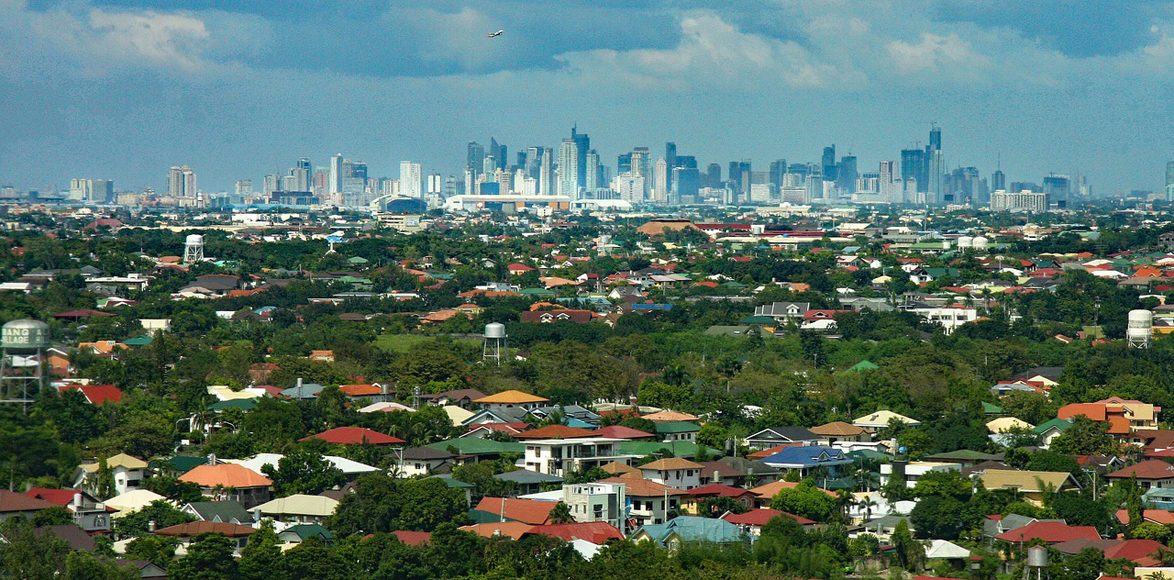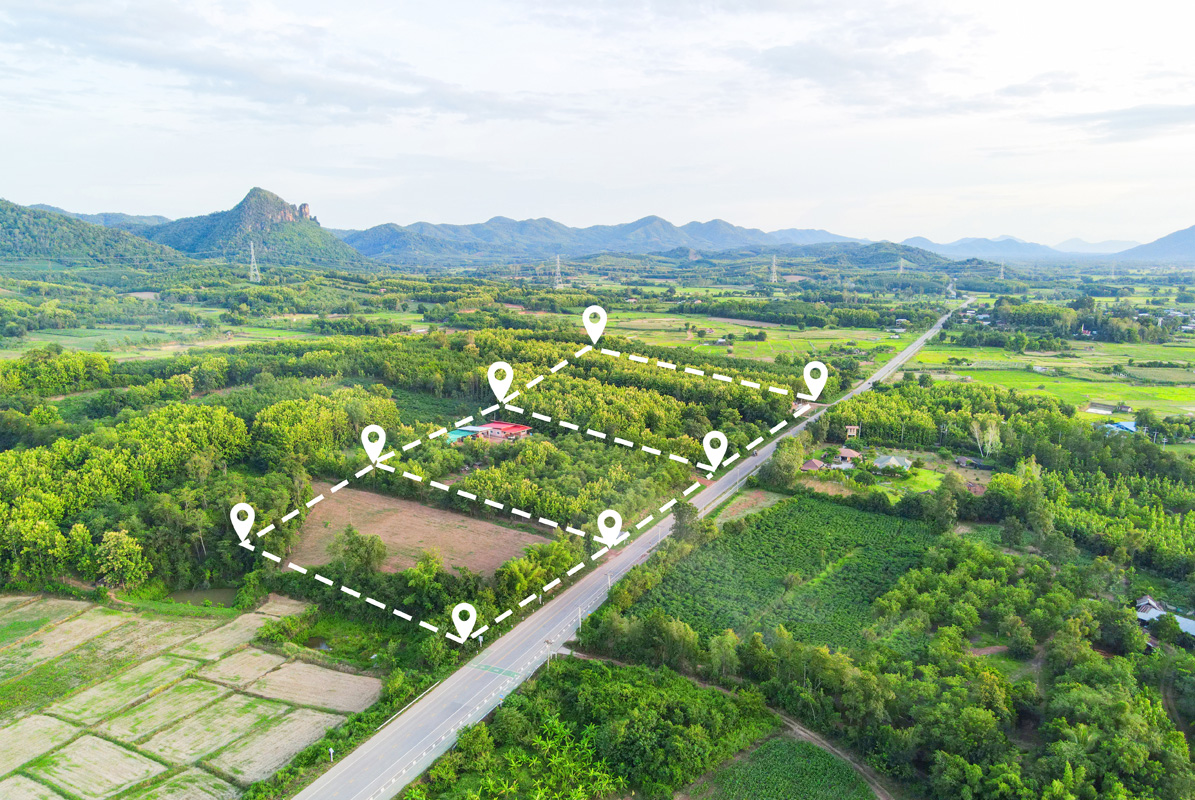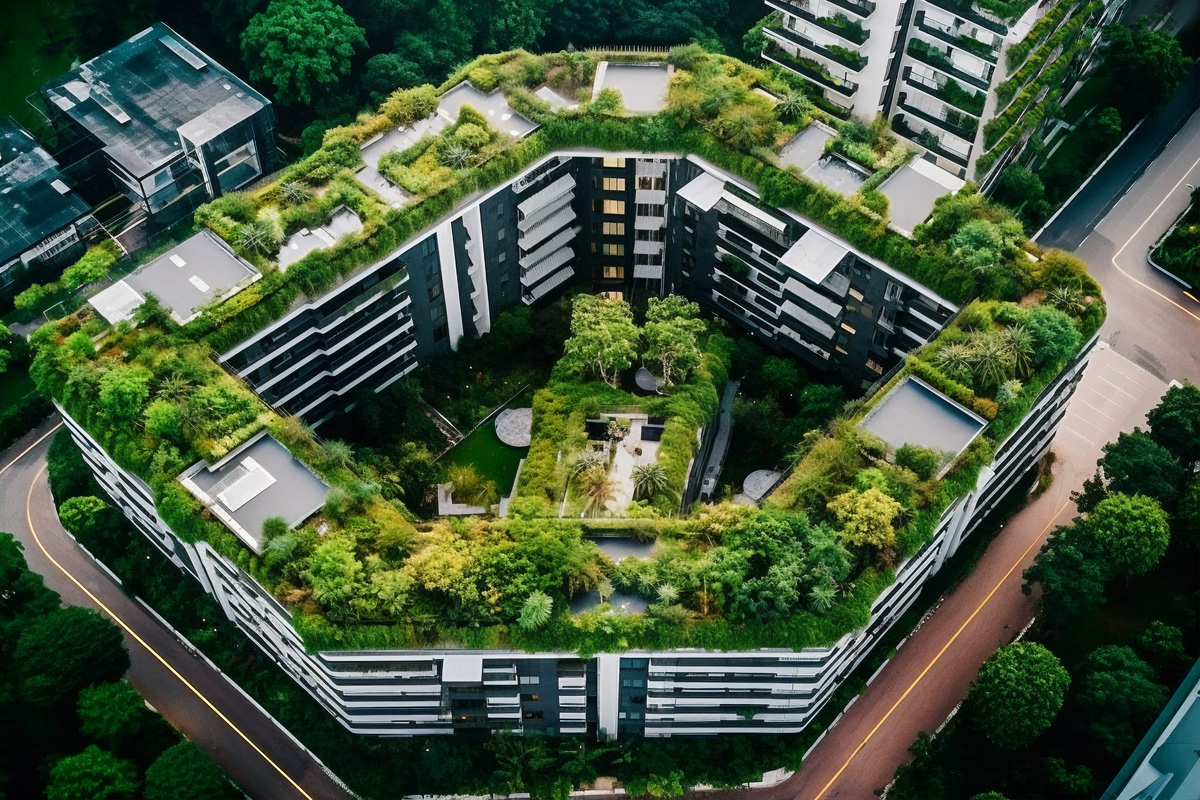Property valuation in the Philippines is an intricate process influenced by the nation’s rich cultural and geographical diversity. Each of the over 7,000 islands presents its own unique set of real estate market conditions, creating a complex environment for valuers. This complexity arises from varied landscapes that range from the bustling urban jungles of Metro Manila to the pastoral tranquility of its rural areas. The country’s legal framework further complicates valuation, intertwining ancient customary laws with modern regulations. Economic forces, both local and global, play a dynamic role in shaping property values, while environmental factors such as natural splendor can add value, and vulnerability to natural disasters can detract from it.
For stakeholders in the Philippine real estate sector—be they property owners, investors, developers, or legislators—grasping the nuances of property valuation is crucial to successfully navigating this vibrant and multifaceted market. This article endeavors to dissect these nuances, shedding light on the complexities of establishing property value in a land as varied as the Philippines.
Challenge 1: Diverse Geographic Conditions
The Philippines, a nation comprising over 7,000 islands, is characterized by a rich tapestry of geographical features, ranging from idyllic coastal areas to rugged mountainous regions. This diversity presents unique valuation challenges across different landscapes.

Impact on Coastal Properties: Properties in coastal areas, though highly valued for their tourism potential, often grapple with natural risks such as typhoons and flooding. These environmental factors play a significant role in their valuation, as they may require additional insurance and maintenance costs.
Impact on Mountainous Regions: In contrast, properties in cooler, elevated areas like Baguio attract value for their pleasant climate and scenic landscapes. These areas are often sought after for residential and holiday homes, reflecting a different aspect of property valuation.
Impact on Flood-Prone Areas: Particularly noteworthy is the situation in regions like Bulacan and Pampanga, known for their susceptibility to frequent flooding. Properties in these areas face valuation challenges due to the higher risk of water damage and the potential for disruption of everyday life and commerce. This often necessitates additional investments in flood mitigation and insurance measures, which can influence their market value.
Challenge 2: Infrastructure and Accessibility
The stark contrast in infrastructure development between urban centers and rural locales is a key determinant in property valuation. Urban areas, particularly in Metro Manila, are marked by advanced infrastructure, including extensive road networks, public transportation systems, and a concentration of commercial, educational, and healthcare facilities. These amenities contribute to higher property values. However, in rural areas, the lack of such developed infrastructure often results in lower property valuations. The gap in infrastructure not only influences the current value of properties but also their future appreciation potential. As the government and private sectors invest in infrastructure improvements, previously undervalued areas can experience significant increases in property value.

Impact in Metro Manila: Metro Manila, the country’s bustling capital region, is a prime example of high property values driven by developed infrastructure. The availability of a wide range of amenities from shopping centers to business districts attracts a dense population, driving up property prices. However, this also brings challenges such as traffic congestion and air pollution, which can detract from the quality of life and, by extension, the appeal of living in these areas.
Emerging Urban Areas: The challenges faced in Metro Manila have led to a growing interest in other urban areas that offer modern amenities while providing a more balanced living environment. Cities like Clark, Cebu, and now Iloilo are emerging as attractive alternatives. These areas are experiencing significant infrastructure development, including new transportation projects, commercial hubs, and residential developments. Iloilo, in particular, has gained attention for its rapid urbanization while maintaining its cultural heritage and natural beauty. This blend of modernization and quality of living is making these cities increasingly popular, influencing their property values positively.
Challenge 3: Legal and Regulatory Hurdles
The Philippine real estate market is navigated within a labyrinth of legal and regulatory frameworks that significantly impact property valuation. This complexity stems from various factors: a mix of old and new laws, local government regulations, and national policies. The legal system governing land ownership includes the Torrens system of land registration, traditional customary land rights in some regions, and the complex inheritance laws. Additionally, the regulatory environment is marked by a variety of zoning laws, building codes, and environmental regulations. These legal and regulatory aspects are crucial in determining property rights, land use, and development potential, all of which directly affect property valuation.

Impact of Land Ownership Disputes: One of the major legal challenges in the Philippines is land ownership disputes. These disputes can arise from unclear land titles, overlapping claims, or contested inheritances. In many cases, properties remain entangled in legal proceedings for years, significantly affecting their marketability and value. Such disputes are particularly prevalent in rapidly developing areas and locations with high tourism potential, where the land is more valuable.
Restrictions on Foreign Ownership: The Philippines has strict laws regarding foreign ownership of land. Non-Filipinos are prohibited from owning land, although they can own condominium units or buildings. This restriction plays a significant role in shaping the property market, especially in tourist hotspots and metropolitan areas popular with expatriates. The demand for condominiums and leasehold properties in these areas is influenced by these legal constraints, which in turn impacts property values.
Impact of Local and National Regulations: Furthermore, local government units in the Philippines have considerable autonomy in creating and enforcing zoning regulations and building codes. This leads to a varied regulatory landscape across the country, affecting everything from property development potential to environmental compliance. National policies, like tax laws and investment incentives, also play a pivotal role. For instance, tax incentives for real estate developers in certain areas can lead to increased development, affecting local property values.
Challenge 4: Market Volatility
The real estate market in the Philippines is not only dynamic but also subject to significant fluctuations influenced by a myriad of factors. These include local economic conditions, global market trends, political stability, and government policies. The nature of the Philippine economy, which is heavily influenced by remittances from overseas Filipino workers (OFWs) and foreign direct investment, makes the real estate sector particularly sensitive to changes in both local and global economic environments. Moreover, the Philippines’ growing economy and increasing urbanization also contribute to market volatility, as they drive demand for housing and commercial spaces.

Impact of Economic Trends and Policies: Economic trends, such as inflation rates, interest rates, and GDP growth, play a crucial role in shaping the real estate market. For instance, lower interest rates can lead to increased borrowing and higher demand for property, thereby driving up prices. Conversely, economic downturns or increases in interest rates can result in a slowdown in the property market. Government policies, including those related to property taxes, real estate development incentives, and foreign investment regulations, also have a substantial impact on property values.
Role of OFWs and Foreign Investors: OFWs and foreign investors are significant contributors to the Philippine real estate market. Remittances from OFWs have historically been a stable source of income for many families in the Philippines, part of which is often invested in property. This consistent inflow of capital has been a key driver of demand in the residential property market. Additionally, foreign investors, attracted by the country’s growing economy and potential for high returns, have been active in both the residential and commercial sectors. Their investment decisions are often influenced by global economic conditions and can lead to fluctuations in property demand and values.
Local and Global Factors: Local factors, such as changes in demographics, urban development, and infrastructure projects, can cause shifts in property demand in specific areas, influencing values. Global factors, including economic crises, international trade policies, and foreign investment trends, also play a role in shaping the market. For example, the 2008 global financial crisis had a significant impact on the Philippine real estate market, as did the more recent global economic changes due to the COVID-19 pandemic.
Challenge 5: Urbanization and Environmental Concerns
The Philippines is experiencing rapid urbanization, particularly in major cities like Metro Manila, Cebu, and Davao. This urban expansion is bringing about significant environmental challenges that directly affect property valuation. The high density of developments and inadequate urban planning in many areas have led to issues such as traffic congestion, inadequate waste management, and strain on water and power resources. Moreover, the environmental degradation accompanying urbanization, including air pollution and the loss of green spaces, is increasingly becoming a concern for residents and property investors.

Impact in Metro Manila and Beyond: Metro Manila, the country’s capital region, exemplifies the environmental challenges associated with urbanization. Recurring issues like flooding, especially during the rainy season, significantly impact property values. Flooding not only causes immediate damage but also raises long-term concerns about the sustainability and livability of these areas. Similarly, other urban centers are facing their own sets of environmental challenges that are influencing property valuation. For instance, air quality issues and heat island effects in densely populated areas are prompting a reevaluation of property desirability.
Growing Trend Towards Eco-Friendly Developments: In response to these environmental challenges, there is a noticeable shift in market preferences towards sustainable living. Eco-friendly developments that incorporate green spaces, energy-efficient designs, and sustainable waste management systems are becoming increasingly popular. These developments often command a premium in the market, reflecting a growing awareness and preference for environmentally responsible living spaces.
Impact on Future Urban Development: The trend towards sustainability is also influencing future urban development projects. There is a growing push for smarter urban planning that considers environmental impact, such as the integration of green spaces, better waste management, and flood mitigation strategies in new developments. This shift is not only a response to the demand for more sustainable living options but also a proactive approach to addressing the long-term implications of urbanization on the environment and quality of life.
Valuing property in the Philippines is a multifaceted and dynamic process. A clear understanding of these challenges is essential for buyers, sellers, investors, and real estate professionals. Keeping abreast of these factors is crucial for informed decision-making in this vibrant market.
Do you need professional assistance on your property
Get help from the leading professional firm engaged in real estate services!

